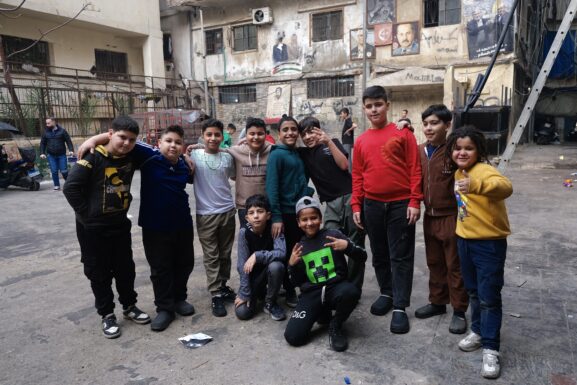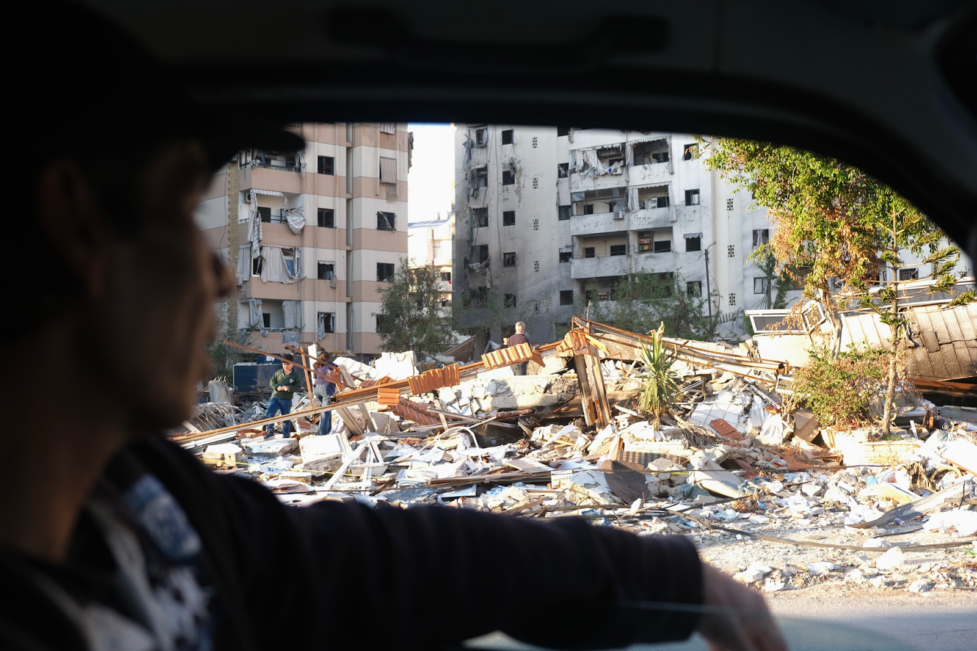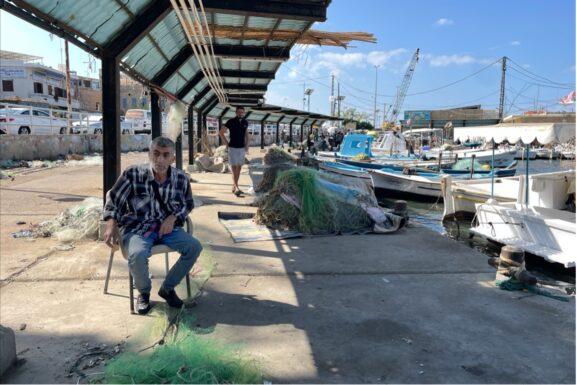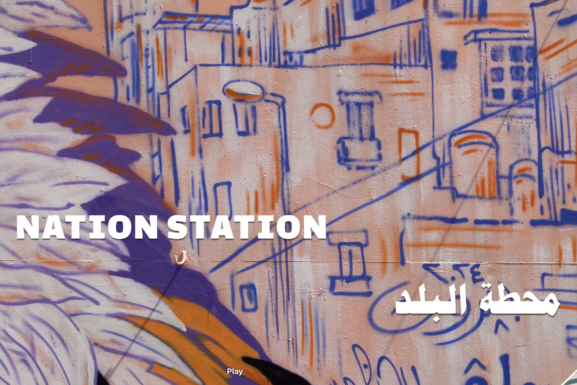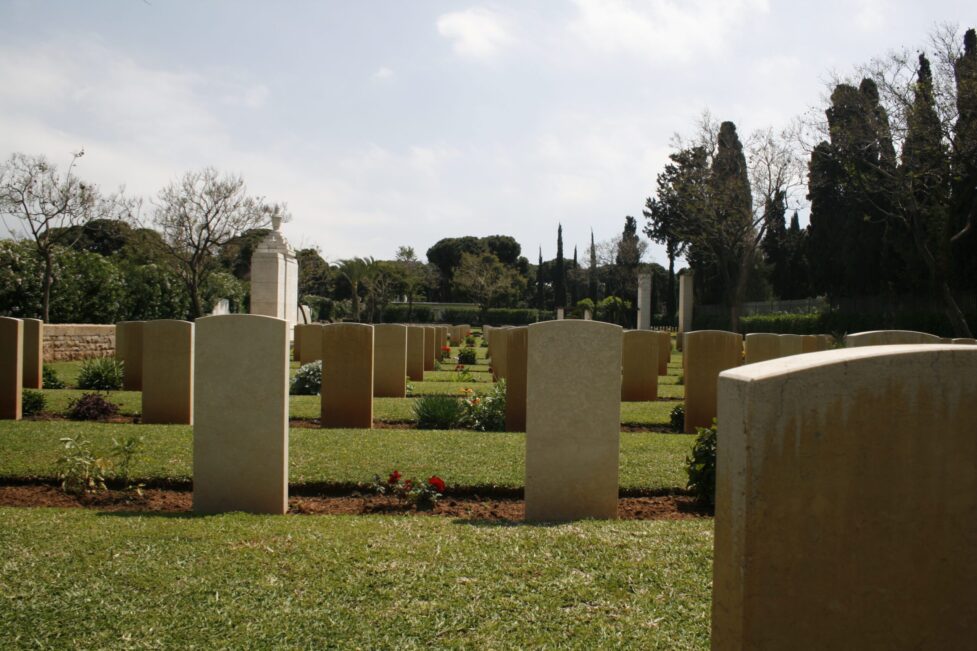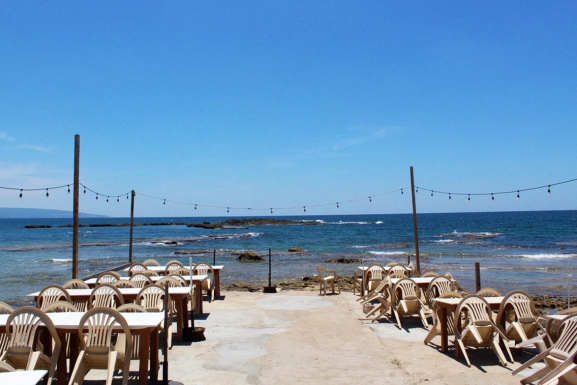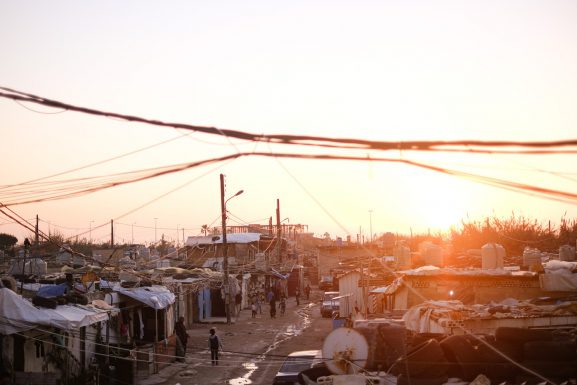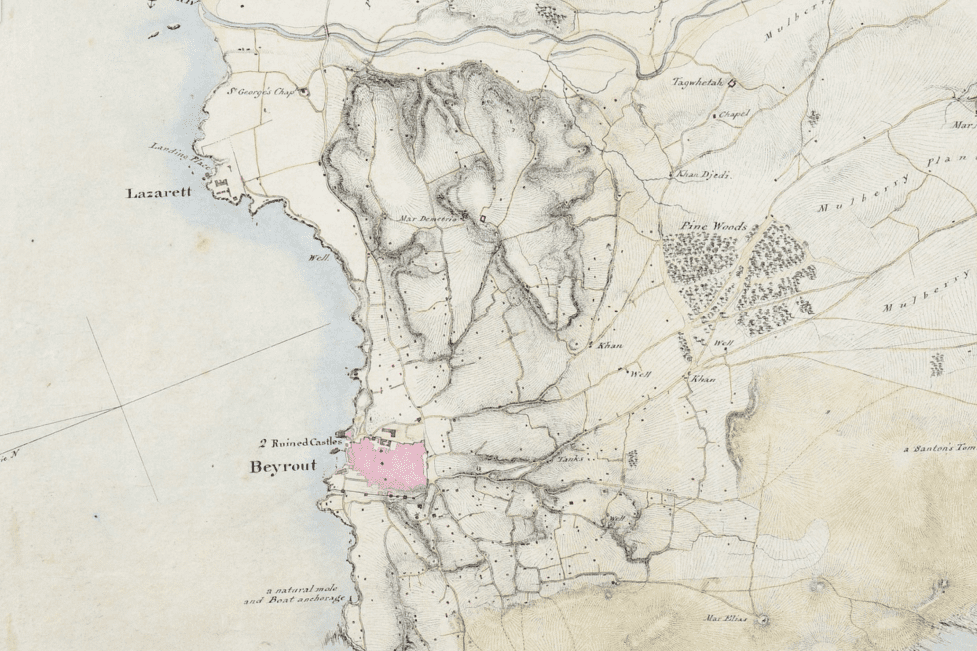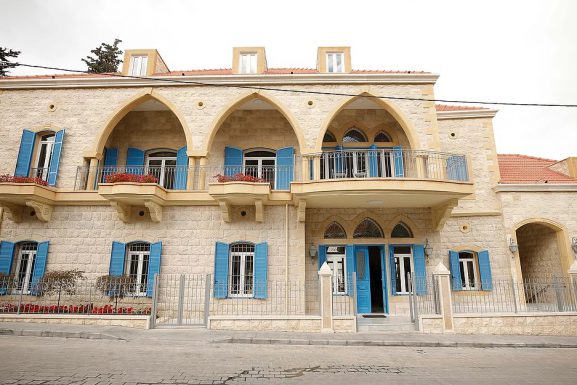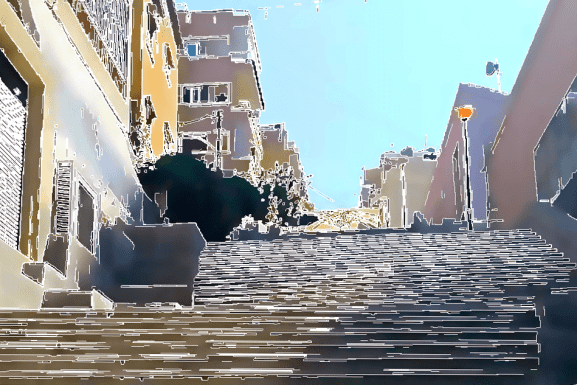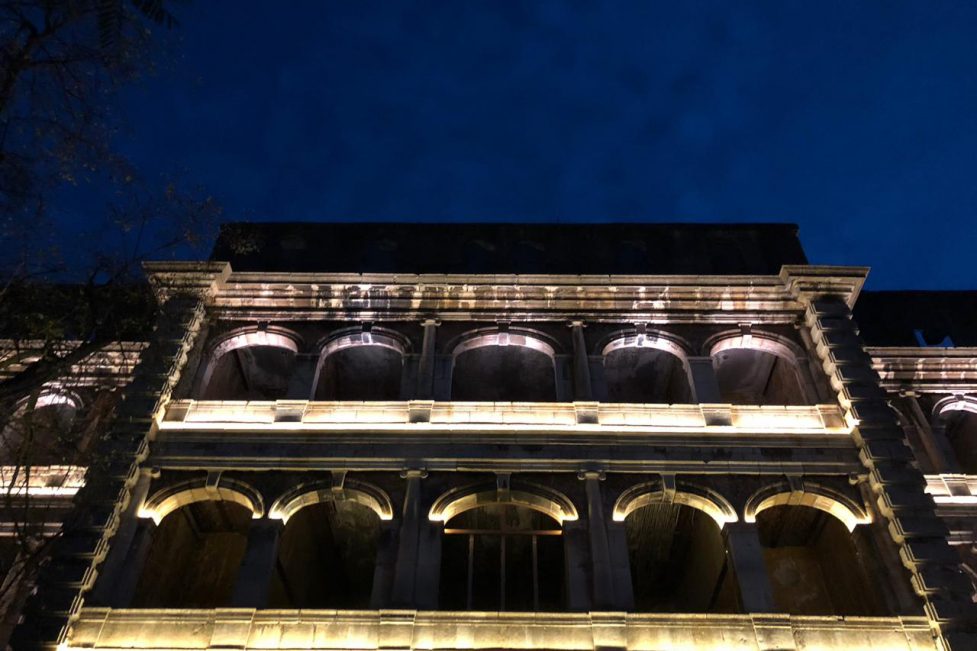Tales from the TerraceEpisode 2: Meet Omar In this second episode, Omar Hamed Beato, a Spanish journalist and documentary filmmaker...
Neighborhood Novellas
On January 16, as news broke of a ceasefire agreement between Israel and Hamas after 460 days of war, the...
“Halloooooo, hallo?” Sometimes, overwhelmed by the isolation, Fadi stepped out onto his balcony, which overlooked neighboring residential buildings in Hadath, a district in Beirut’s southern suburbs, better known locally as Dahiyeh. He shouted into the stillness, his voice echoing in the empty streets. “Hallooo, is anyone out there???” He tried...
The port of Saida in southern Lebanon was untypically calm for a clear day in late October. No auctioneers bellowing...
From the heart of Beirut comes an initiative made by the people, for the people. In this interview with Nation...
Stepping into the iron gates of the Mar Mtir graveyard in Beirut, the sound of car engines and honking horns filled the air. The cemetery, situated in the city, is nestled between old village-style houses that have been occupied by residents for generations. The juxtaposition between the ceaseless hum of...
Reached only through an alleyway between a wall and a cemetery, the shacks of Sour's Al Jamal area have been in business for over 30 years.
And why it’s important to actively involve neglected communities in relief initiatives when inequality, division and othering are prominent.
Almost a hundred years ago, the quarantine process for travelers arriving to Lebanon was more elaborate and centralized.
The history of the Hammana Artist House and its role in revitalising a village known for its cherries and climate.
In recent years, several civil society groups have fought to protect what little is left of public spaces in Beirut.
The Grand Sofar Hotel once stood as one of the greatest hotels in the region. Looted and abandoned for 43 years because of the Lebanese Civil War, it now returns as a cultural space.



